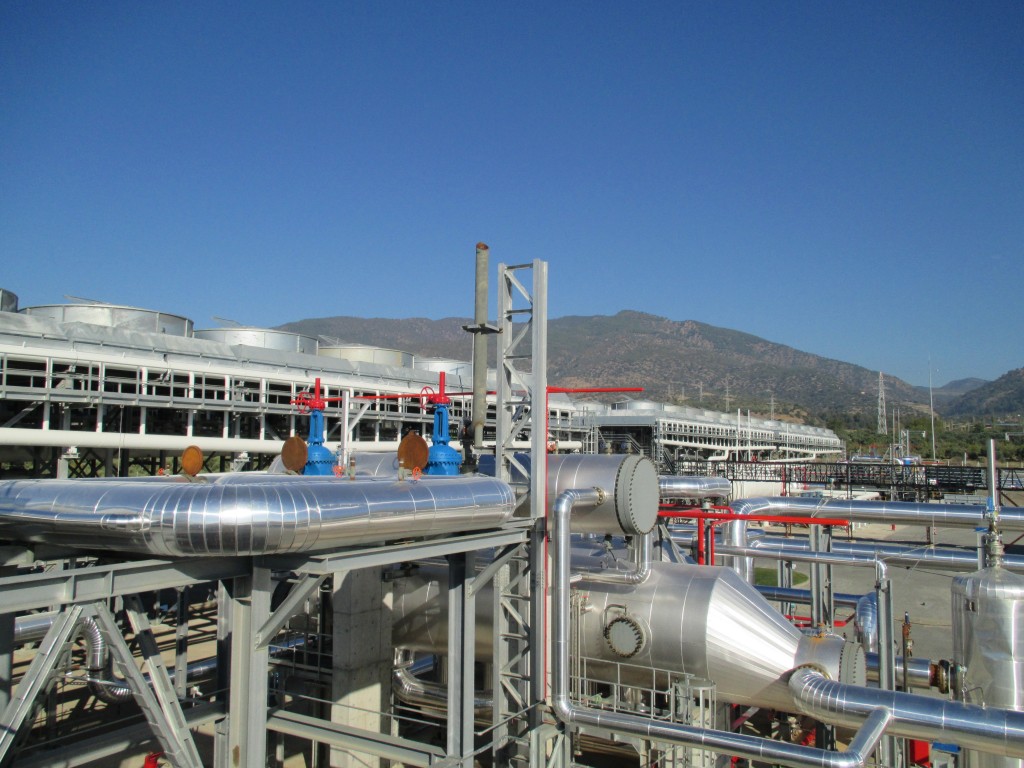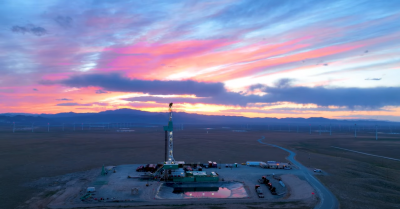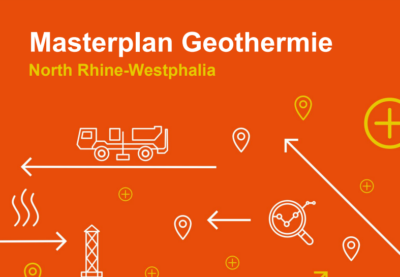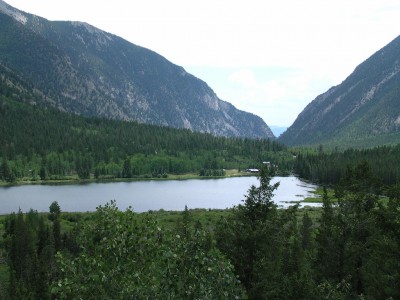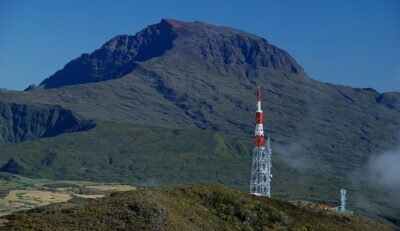Climate Investment Funds commitment and investments into geothermal development
Climate Investment Funds play a large role in financing of geothermal projects world wide, with a variety of activities that foster development and mobilize development bank and private market financing.
In an overview document, Climate Investment Funds (CIF) describes its strategic objectives and assessment of their accomplishments.
While from November 2015, it includes a series of interesting facts on how CIF are supporting geothermal development world-wide. The following are excerpts from the CIF report.
The CIF is a global leader in supporting geothermal deployment with $810 million CIF resources supporting geothermal investments in 15 middle and low-income countries. The CIF is helping to expand geothermal markets in countries like Indonesia, Kenya, and Mexico and is supporting some of the first large-scale geothermal projects in Armenia, Chile, Dominica, Ethiopia, and Tanzania. CIF-supported projects are expected to attract over USD 10 billion cofinancing and lead to up to 3.5 GW of new geothermal capacity (more than one-quarter of current global installed capacity). The CIF leads all other funders in supporting the earliest, riskier stages of geothermal projects providing USD 400 million, which is more than half (~55%) of total public finance currently flowing to the exploration and test drilling stages. Analysis carried out by CPI on behalf of the CIF suggests that much, much more of this early stage finance is required to the tune of an additional USD 12.5 billion in public finance.
In Tanzania, IFC is implementing an advisory project supported by SREP USD 2.3 million to establish an enabling environment for the country’s geothermal development that is conducive to private sector investment. Activities include drafting or revising geothermal laws aimed at providing a strong and transparent regulatory framework to govern private power generation as well as support for the development of required operational and institutional structures. This is a crucial first step in pursuing Tanzania’s as-yet untapped geothermal potential, which is estimated to exceed 650 MW. This will be critical to expand energy supply in a country where only 18 percent of the population has access to electricity, and the reliability of hydropower, its primary renewable energy source, is declining due to changing weather patterns. Total SREP support of USD 25 million for geothermal development is expected to catalyze the country’s first 100 MW of geothermal power.
CIF also funded research by the Climate Policy Institute to help increase global understanding among key players active in the development of these technologies on how to utilize public finance and public resources more effectively to lower costs and mitigate risks that have constrained their deployment to date.
CIF-financed CSP and geothermal projects are expected to attract more than USD 18 billion co-financing for up to 4.6 GW of global installed capacity. Without the concessional resources provided by the CIF and the additional resources mobilized from the Multilateral Development Banks (MDB) own balance sheets, these projects would in all likelihood not have moved forward.
In Indonesia, USD 375 million of the country’s USD 400 million CTF investment plan implemented through the ADB, IFC, and World Bank targets investments aimed at unlocking the country’s abundant geothermal potential with 720 MW supported by CTF already under development. When fully realized, Indonesia’s CTF-backed geothermal projects and programs are expected to attract more than USD 8 billion in total finance for up to 2.2 GW new capacity. These projects could have important long-term effects on the geothermal sector in Indonesia – a sector that the government deems crucial for sustainably meeting the country’s growing energy needs – by demonstrating viable approaches for de-risking investments to attract greater private sector participation.
CIF concessional funding enables support to the earliest, riskiest stages of geothermal development that prove resource availability. With CIF funds structured to absorb the greatest risk, MDBs are able to co-invest using their own resources. An example is the Mexico geothermal financing and risk transfer facility (IDB), which uses USD 54.3 million CTF of which USD 20 million CTF is contingent recovery grant (not repaid in the case of failed drilling), to share drilling costs with developers and partially cover private resource risk insurance. IDB investment of USD 54.3 million will provide direct financial support to project developers. The facility is expected to attract more than USD 1 billion private sector investment for 300 MW of new geothermal capacity and achieve emissions reductions of 33 million tCO2e. Reykjavik Geothermal, an experienced geothermal developer, cited the facility as the best risk mitigation structure to be deployed in the sector.
